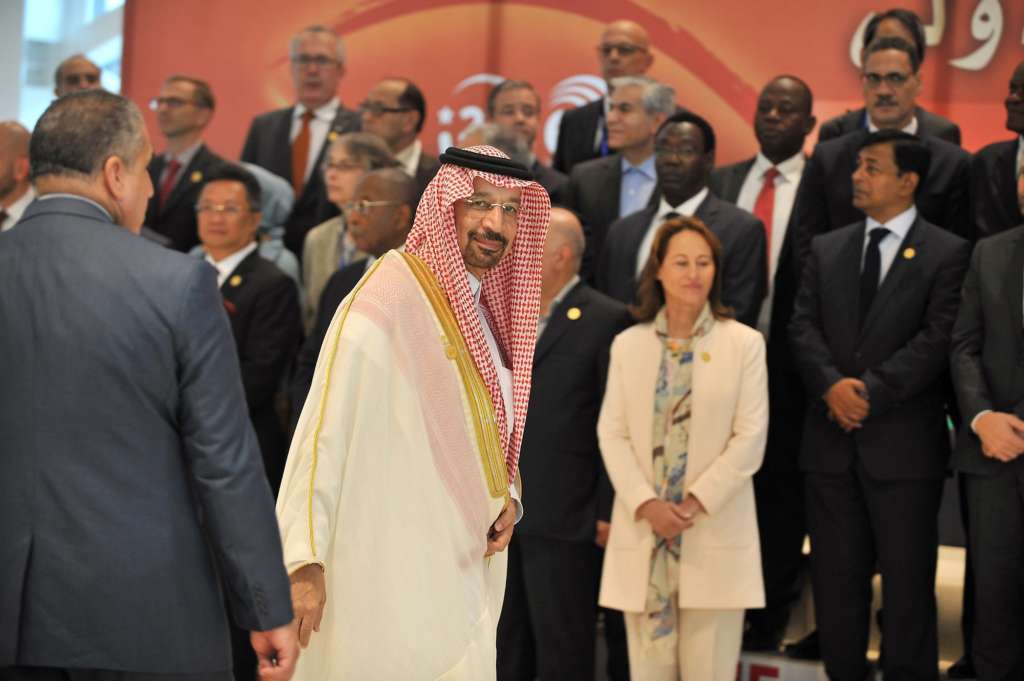Algiers-The Organization of the Petroleum Exporting Countries (OPEC) will convene on Wednesday on the sidelines of the International Energy Forum, which gathers oil producers and consumers.
Many countries are hoping that this consultative meeting would result in an international agreement on the need to reduce oil production in order to ease the global excess in crude.
However, these hopes were met by disappointment after Iran announced on Tuesday its rejection of an offer put forward by Saudi Arabia to limit Iranian oil output in exchange for the Kingdom cutting supply.
Iran’s Oil Minister Bijan Zangeneh told reporters on Tuesday that his country was not seeking to forge any deal or agreement in Algeria. He added that he attended the meetings only to exchange views and hold negotiations.
In earlier remarks, the Iranian minister said: “It is not the time for decision-making.”
He added: “We will try to reach an agreement for November,” referring to the next formal OPEC meeting in Vienna on Nov. 30.
For his part, Saudi Arabia’s Energy Minister Khalid Al-Falih expressed optimism regarding OPEC meetings, stressing that the Kingdom has expressed its readiness to cut its oil production, provided that Iran limits its oil output.
The Saudi minister said that the meeting was consultative, noting that the members would exchange views and would listen to the opinion of non-OPEC countries.
“The gap (in views) between OPEC countries is narrowing. I don’t expect that an agreement will come out of the consultations tomorrow,” the Saudi energy minister told reporters.
OPEC will hold informal talks at 1400 GMT on Wednesday. Its members are also meeting non-OPEC producers on the sidelines of the International Energy Forum.
Since early 2016, oil producers have been trying to agree to freeze output levels.
Reuters quoted sources as saying that Saudi Arabia had offered to reduce its output if Iran agreed to freeze production – a proposal that was rejected by the Persian State.
Russian Energy Minister Alexander Novak met on Tuesday with Falih and Zangeneh.
In remarks afterwards, Novak said: “There is a move forward, but they (OPEC) haven’t got to the finish.”
Both Novak and Falih said a deal was still possible later this year, referring to the November meeting.
Meanwhile, well-informed sources quoted by Reuters said that Iran, whose production has stagnated at 3.6 million barrels per day, insisted on having the right to ramp up to around 4.1-4.2 million bpd, while OPEC Gulf members wanted its output to be frozen below 4 million.
Other sources said that Iran effectively rejected the offer despite last-minute attempts by Russia, Algeria and Qatar to rescue a deal.
Falih said he saw no need for significant output cuts as the market was rebalancing itself. He added that Saudi Arabia was investing in additional spare capacity and could withstand the current trend in oil prices.
The IEF Ministerial meeting, which brings oil and gas producers and consumers together to discuss challenges facing the global energy markets, will run until September 28. It is being attended by well over 400 delegates from 54 countries. In total, around 900 participants have gathered at the Convention Centre for the event.
The conference, which is attended by OPEC’s Oil and Energy ministers, was officially opened by Algerian Prime Minister Abdelmalek Sellal with whom the OPEC Secretary General, Mohammed Barkindo, met after the opening.
